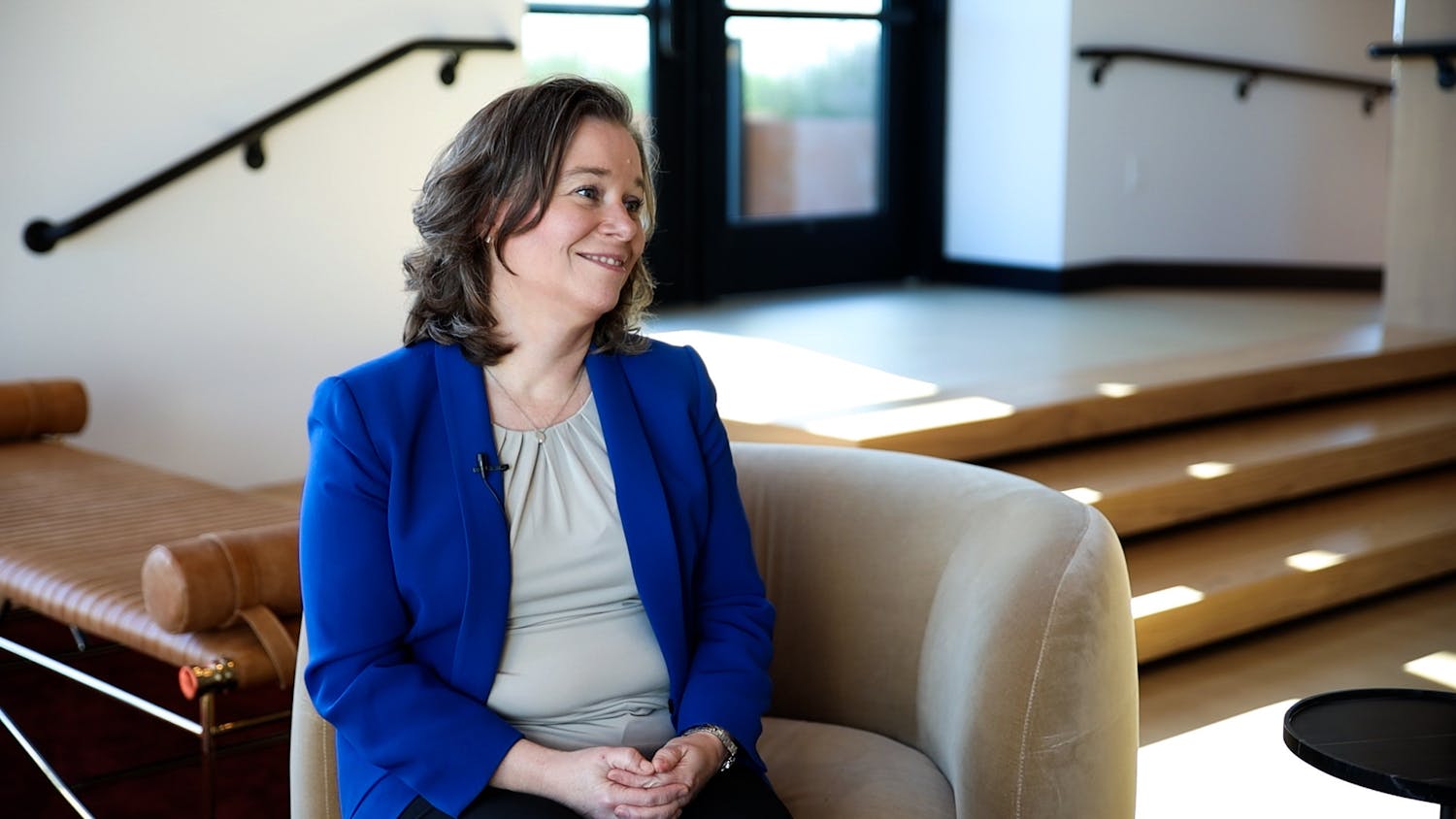A coalition of colleges, including UW-Madison, made headway with new anti-sweatshop policies Wednesday.
Universities submitted their final edits for the policies, part of the Designated Suppliers Program, which would limit the production of collegiate merchandise to brands and suppliers that meet certain wage, representation, health and safety standards.
Senior special assistant to the chancellor LaMarr Billups, has been representing UW-Madison in monthly negotiations since December 2005. He said the latest revisions took suggestions from suppliers into consideration, hopefully resulting in a proposal that all parties will accept.
""I think we're finally getting to a point where we will have a final draft and can start discussing full implementation,"" Billups said.
Joel Feingold, a UW-Madison junior, acted as a student representative at some of the meetings of the DSP working group in Washington, D.C.
According to Feingold, students made concessions to suppliers in the DSP, allowing brands to seek arbitration if they have a dispute with factories and relaxing union requirements.
""They have to provide access to a union in the area, the company has to organize and train the managers to respect the freedom of association, so it's a kind of an amped-up code of conduct,"" Feingold said.
Cindy Van Matre, a member of the Labor Licensing Policy Committee, agreed the new measures of the DSP should be more effective than the Code of Conduct, noting that UW-Madison has 475 licensees of its logo for goods produced in 4,500 factories and 48 countries.
""This proposal was set forth as a way to have a better idea of what conditions in factories are like,"" she said.
The Workers Rights Consortium, an organization with field agents all over the world, will monitor the factory conditions.
Although the prospects for the DSP appear bright, Billups conceded they won't be able to implement the policies until schools with more economic clout join, and their numbers reach a ""critical mass.""
""We're getting a lot of positive response from the smaller colleges, but we need a USC, a Texas, a Notre Dame to be in this too, because they have a great amount of influence over the market in this area,"" Billups said.
The negotiations took place under the watchful eye of the many student organizations that began and are driving these efforts.
""Students will take action across the country to make sure that workers' and students' vision of what this thing should look like becomes reality, and administrators know that,"" Feingold said.





